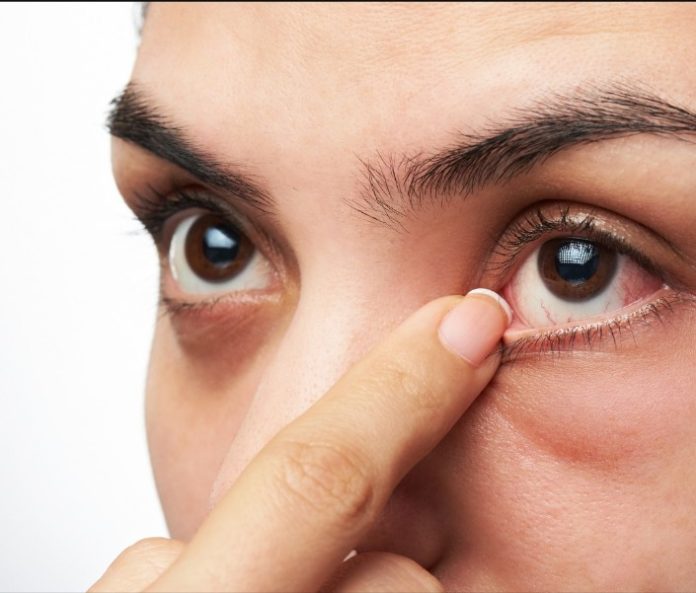Did you know that about 7 percent of Americans suffer from chronic dry eye? While older individuals and women are more likely to have this condition, anyone can develop it.
Are your eyes red, stinging, or itchy? If so, you may wonder if you have dry eye disease. So keep reading this chronic dry eye guide for more information!
Causes of Chronic Dry Eye
Healthy eyes have three layers of tear film that work together to lubricate your eyes. However, hormonal changes, autoimmune diseases, or changes in tear production can disrupt your tear film.
For example, many aging individuals notice that their eyes no longer produce enough water. Moreover, decreased tear production is sometimes a side effect of medications, contacts lens use, or medical conditions.
Furthermore, dry eyes can be caused when your eyes produce too much oil, clogging the glands in your eyelids. This condition is frequent among those with skin disorders, eye allergies, vitamin A deficiency, or Parkinson’s disease.
Symptoms of Chronic Dry Eye
Typically, people with chronic dry eyes experience the same symptoms in both eyes. They may include:
- Stinging, itchy, or burning eyes
- Sensitivity to light
- Redness
- Difficulty wearing contact lenses
- Trouble driving at night
- Blurred vision
If your symptoms are persistent, it’s best to see a doctor who can pinpoint the cause and provide a proper treatment plan.
Dry Eye Treatment
After an eye exam and tests to measure the volume and quality of your tears, your doctor will understand the reason for your symptoms.
If your dry eye condition is mild or doesn’t occur all the time, the eye doctor will likely recommend over-the-counter drops that mimic tears. You can use them when your symptoms are persistent to soothe your eyes.
However, if you have an underlying condition causing chronic dry eye, you may need to visit a chronic dry eye clinic. Specialists may prescribe medications to reduce inflammation, eye inserts, or tear-stimulating drops, such as Cyclosporine.
Chronic Dry Eye Tips
In addition to providing drops or drugs to ease your symptoms, doctors will likely give you some chronic dry eye advice that can make managing your condition much easier. Here are some chronic dry eye tips they may suggest:
- Utilize a humidifier, especially in winter
- Take eye breaks when using the computer
- Avoid sitting in front of air vents or fans
- Quit smoking and avoid areas with smoke
- Use artificial tears regularly
Of course, your doctor may share more tips with you, depending on the cause of your condition.
Don’t Spend Another Day Suffering from Chronic Dry Eye!
Chronic dry eye symptoms make daily tasks like driving or using the computer uncomfortable. Thankfully, even the most severe cases of dry eye can be treated with medications and by developing good habits. So, don’t delay and make an appointment with your doctor so you can start feeling relief!
If you appreciated the information in this chronic dry eye guide, make sure to check out more of our helpful posts!









